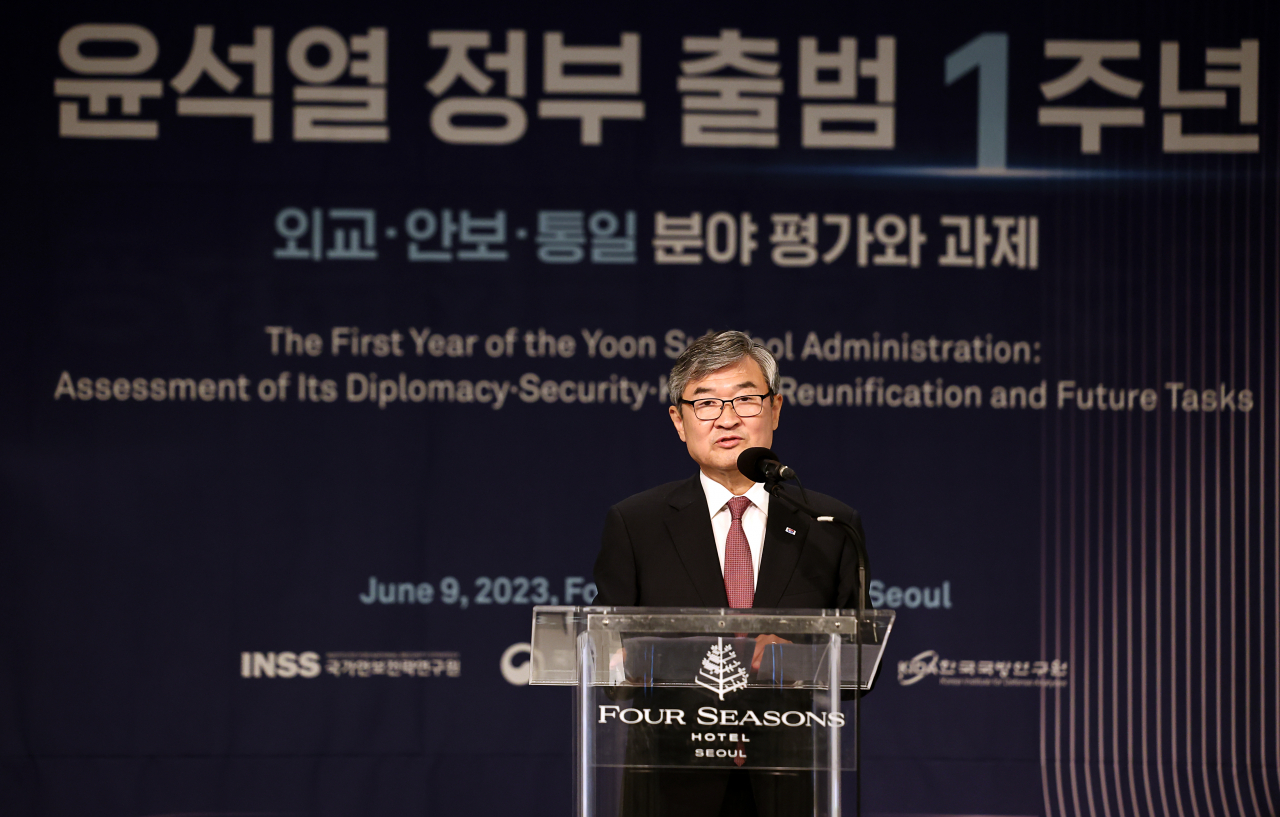 |
National security adviser Cho Tae-yong delivers a keynote speech at a forum in Seoul on Friday. (Yonhap) |
South Korea will manage relations with China to foster a “healthy relationship,” President Yoon Suk Yeol’s national security adviser said, suggesting Seoul would not give in to Beijing’s demands as easily as the previous administration.
Cho Tae-yong said the Yoon administration is seeking to advance Korea’s global status with a “principled approach and reciprocity,” meaning Beijing would have to reciprocate what it asks Seoul to do.
China has been trying to reel Korea in since May 2022, when Yoon took power pledging to forge closer ties with the US, Seoul’s biggest ally. China’s top envoy in Korea said “betting on the US prevailing” in its fight against China is a “lapse in judgment,” at a meeting Thursday with Korea’s main opposition party leader.
“China isn’t to blame for strained Seoul-Beijing relations,” Chinese Ambassador to South Korea Xing Haiming said in what many saw as the strongest rhetoric by Beijing so far over Seoul’s push to get closer with Washington as it aims to fight off growing nuclear threats from North Korea.
Pyongyang’s nuclear and missile programs are the single biggest challenge which requires Seoul’s immediate action, Cho said, noting the isolated country’s nuclear buildup has been at the expense of sacrificing its own people. Food shortages are a fact of life for North Koreans as leader Kim Jong-un uses every resource on arming his regime while refusing to return to nuclear talks with the US.
“The so-called satellite launch could have given every North Korean food enough to live for up to 10 months,” Cho said, referring to last week’s failed attempt by the North to test what many believed was a ballistic missile. International sanctions on the regime ban such launches.
South Korea’s ever-expanding alliance with the US is key to peace and prosperity in the region, Cho added.
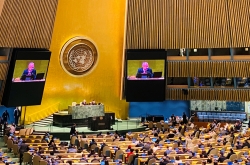
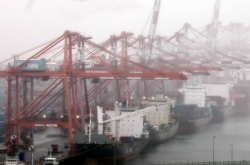
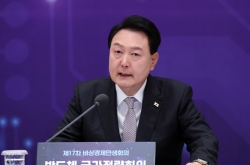
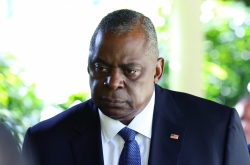
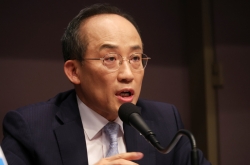







![[Today’s K-pop] Blackpink’s Jennie, Lisa invited to Coachella as solo acts](http://res.heraldm.com/phpwas/restmb_idxmake.php?idx=644&simg=/content/image/2024/11/21/20241121050099_0.jpg)